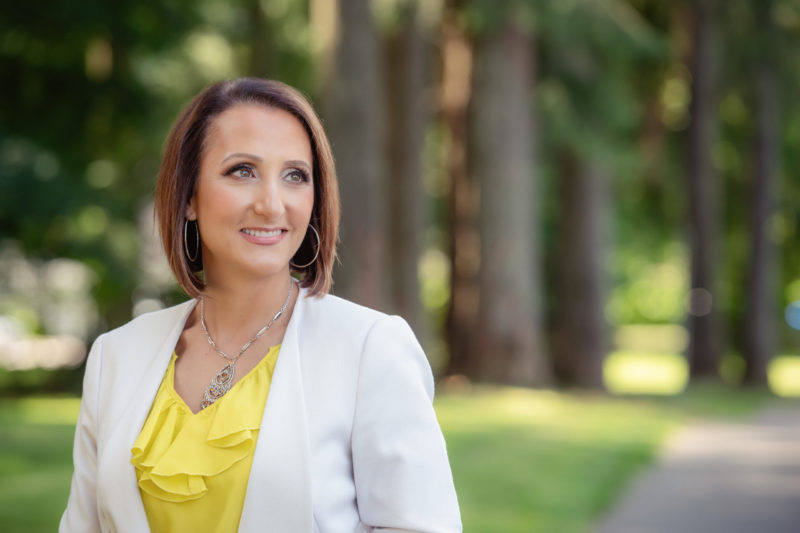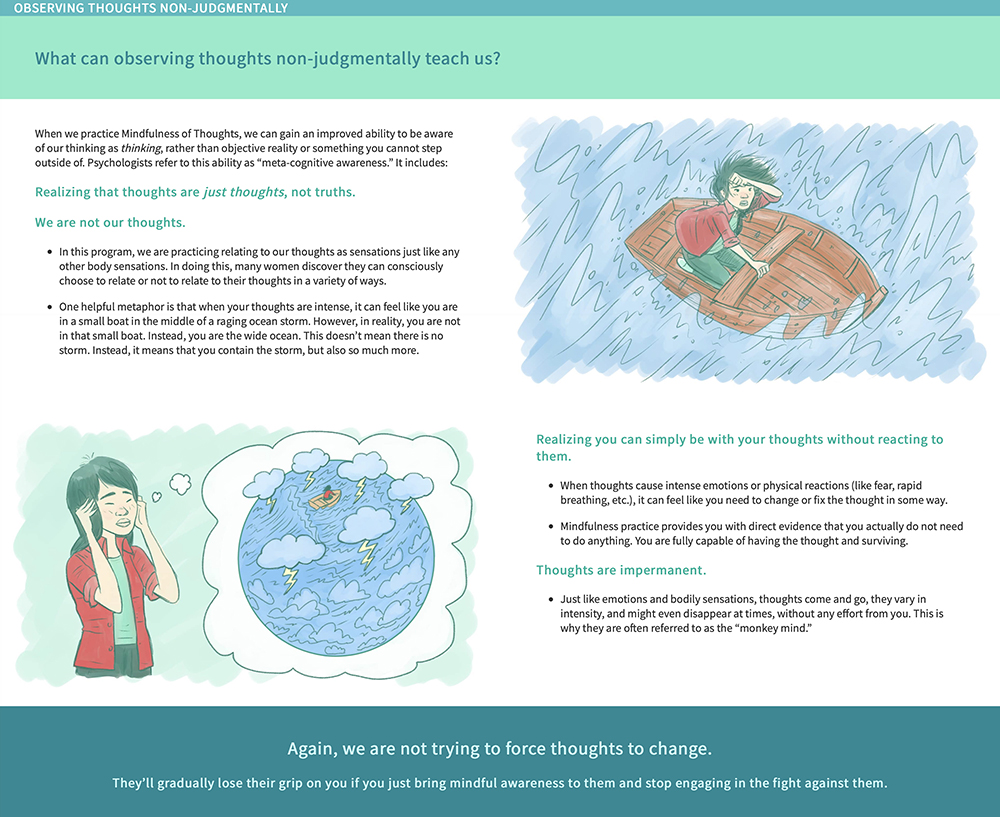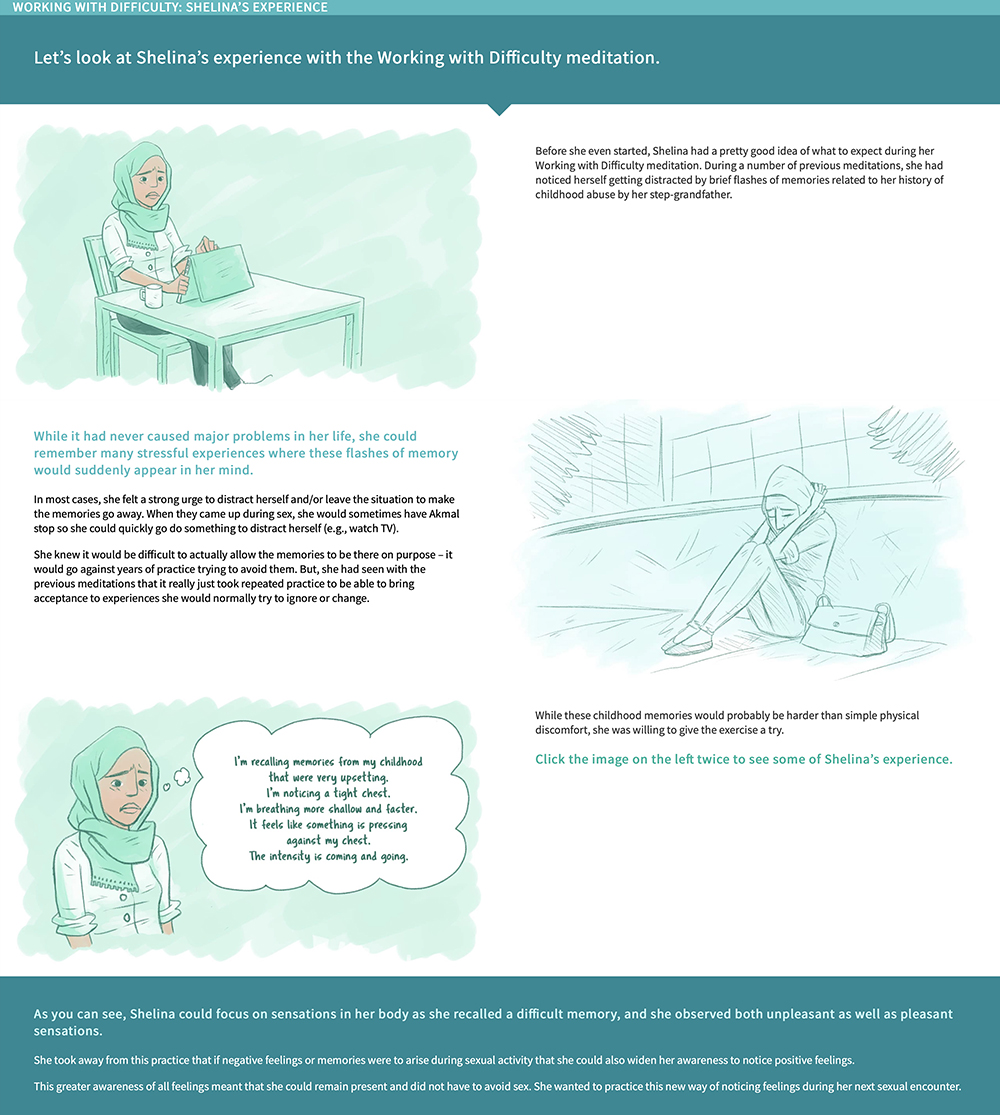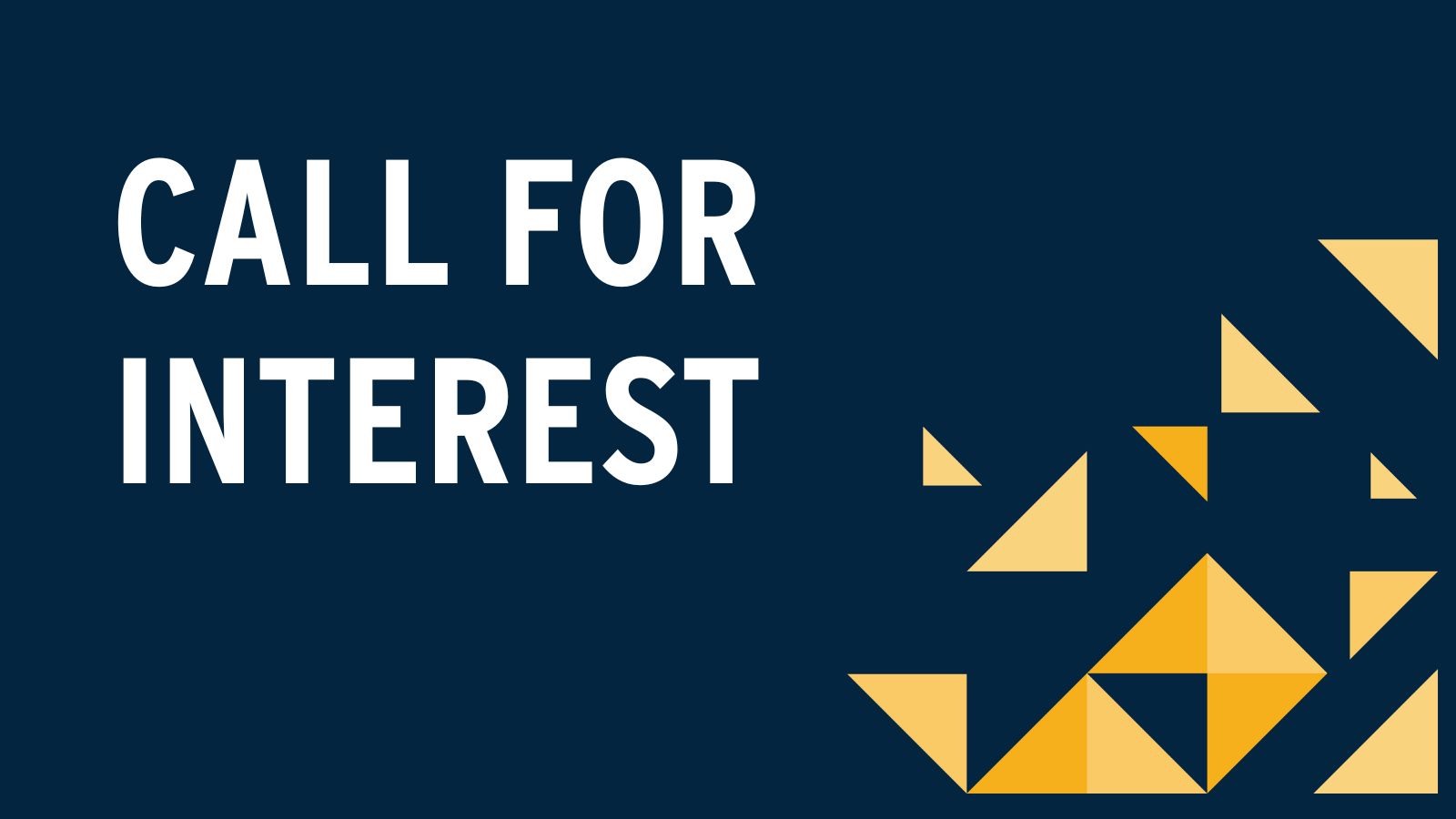Talking about sex: A new app to revolutionize women’s sex therapy
8 March 2021

With MSFHR funding, Dr. Lori Brotto is setting out to solve access to sexual disfunction treatment for BC women with a simple tool: a smartphone.
One third of BC women experience sexual disfunction, yet most don’t receive treatment, largely because open conversations about women’s sexual disfunction are not normalized, especially compared to men who have benefited from the advent of Viagra. Many women will not talk about their issues with a doctor, and those that do, often feel dismissed.
Meanwhile in BC, the number of sex therapists is extremely limited and almost all are located in Vancouver. The BC Centre for Sexual Medicine, the largest centre for sex therapy in the province, has an extremely long waitlist and is able to accept only a tiny fraction of referrals received.
Dr. Brotto, professor at the UBC Department of Obstetrics and Gynaecology, registered psychologist, executive director of the Women’s Health Research Institute of BC, and Canada Research Chair in Women’s Sexual Health, hopes to break through these sex therapy barriers with eSense, a new digital platform.
Using compelling audio guides, videos, and GIFs, the user-friendly platform will provide women with evidenced-based sex therapy through their smartphones. This means that for the first time, women outside of the Vancouver metropolitan centre can easily access sex therapy. The platform would also make it easier for marginalized women located anywhere to access care.

“eSense could be a game-changer,” says Dr. Brotto. “We have demonstrated that face-to-face mindfulness-based and psycho-educational interventions can be very effective for improving sexual function, decreasing genital pain and improving other psycho-social correlates that go along with sexual problems. Women who may have felt dismissed or not had their sexual needs attended to for years or decades could have an evidence-based, discreet and effective tool to improve their sexual health, and by extension, other aspects of their wellbeing.”
Dr. Brotto and her team developed the app three years ago to see if their successful face-to-face treatments could be delivered online. In early days, the project was completely unfunded: “I found money here and there, begged and borrowed,” Dr. Brotto says, and the team partnered with a technology company, worked with an art director, built the platform, and launched three feasibility studies.
The results from the studies demonstrate eSense is not just feasible, but also receives high user satisfaction ratings.
Now, Dr. Brotto and her team will propel eSense further along the commercialization pathway to eventually make it to available to more women, thanks to funding from the MSFHR Innovation to Commercialization (I2C) Program.
During the first 12 months of the two-year I2C award, the team will evaluate the efficacy of the platform’s two modes: mindfulness and cognitive behaviour therapy. In the second year, the team will test the platform with real patients on the waitlist for the BC Centre for Sexual Medicine, as well as patients receiving clinical counselling at West Coast Therapy Clinic, a private sex therapy clinic in Vancouver. If eSense meets the needs of the women in these two settings, it will have huge potential to be scaled up to more women across BC.
“There is a saturation of health apps out there that are not regulated or evaluated, so to have something that has gone through the rigours of scientific testing and been found to be safe, effective and satisfying is really important,” says Dr. Brotto. “The I2C funding is critical. We would not be able to do this without this funding. I am also really pleased to see increased gender equity in the I2C competition over the years and thank MSFHR’s leadership for listening to community feedback on this issue.”
Dr. Brotto is a four-time MSFHR award recipient. A Scholar award in 2004 enabled her to be hired into a grant tenure track position at UBC, and from there she transitioned to full tenure track. She also received two Reach awards that enabled knowledge translation activities around other aspects of women’s sexual health.
Since 2017, the MSFHR I2C Program has been supporting researchers in advancing their discoveries or inventions towards practical application, resulting in products or technologies that improve health outcomes and enrich BC’s health innovation ecosystem.






